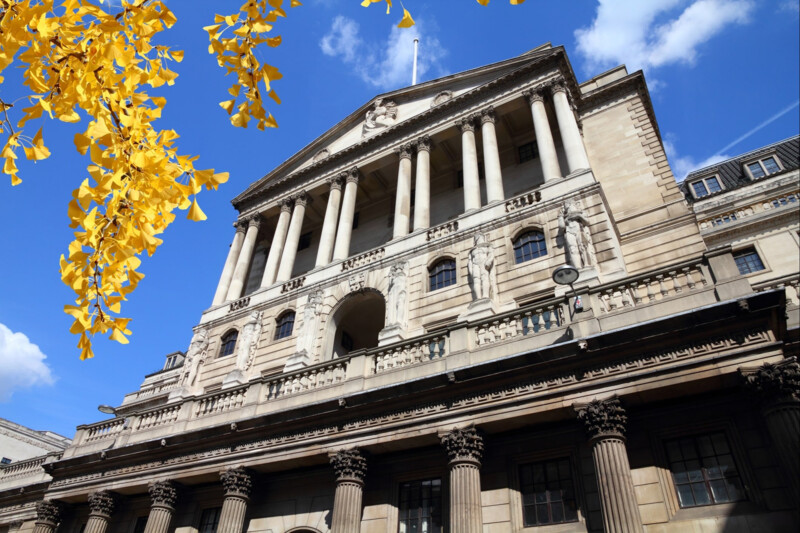La Banque d’Angleterre (BoE), qui a récemment publié les résultats de son premier test de résistance au climat, appelle les banques et assureurs exerçant au Royaume-Uni à agir rapidement pour réduire leur exposition au risque climatique. Dans le cas contraire, ces acteurs pourraient faire face à de lourdes pertes. Selon les premiers stress tests climatiques, la facture se situerait entre 209 à 334 milliards de livres.
Tester la réactivité du système financier à l’évolution du climat
Le 8 octobre 2019, le gouverneur de la Banque d’Angleterre, Mark Carney, déclarait que la banque centrale serait « la première autorité de tutelle à procéder à des tests de résistance du système financier à différents scénarios d’évolution du climat » tels que la hausse de la fréquence des évènements météorologiques et la transition vers une économie neutre en carbone.
Les « stress tests climatiques » lancés par la BoE ont pour objectif de mesurer la capacité des établissements britanniques à traverser un retournement économique sans faire faillite et sans avoir besoin de l’argent du contribuable.
Un risque climatique évalué à 200 milliards de dollars pour les banques
À l’issue de son premier test de résistance au climat, la BoE considère qu’en cas de mauvaise gestion du risque climatique, les acteurs financiers pourraient voir leurs profits annuels amputés de 10 à 15 %. Plus précisément, la facture atteindrait entre 209 et 334 milliards d’euros d’ici à 2050, selon la rapidité à laquelle le gouvernement mettra en place des mesures tendant vers un modèle bas carbone.
Malgré des résultats alarmants, la Banque d’Angleterre indique que les banques et assureurs sont en mesure d’absorber ce choc sans que cela n’impacte directement leur solvabilité.
Faire reculer le greenwashing
Quelques jours avant la publication des résultats du premier stress test par la BoE, HSBC a été rappelée à l’ordre par le régulateur britannique de la publicité. La banque aurait affiché une campagne marketing dans laquelle elle se présente comme étant particulièrement active en matière environnementale alors qu’elle est fortement impliquée dans le financement d’activités à l’origine d’émissions de gaz à effet de serre.
Dans un document provisoire, l’Advertising Standard Authority (ASA) dénonce une publicité dans laquelle la banque vante la plantation de 2 millions d’arbres visant à capter 1,25 million de tonnes de CO2 dans l’atmosphère. Dans une autre de ses publicités, elle assurait être prête à investir 1000 milliards de dollars pour accompagner ses clients dans leur transition énergétique.
Le régulateur anglais qualifie ces publicités de « mensongères » puisqu’elles visent à faire croire que HSBC « apporte une contribution environnementale globale positive en tant qu’entreprise » et pourraient influencer la décision de certains clients qui cherchent à souscrire à l’un de ses produits.
Il s’agit de la première intervention du gendarme de la publicité britannique depuis qu’il a décidé de renforcer sa vigilance sur le greenwashing en septembre 2021. Il faut dire que l’année dernière, dans le cadre de la COP26, les institutions financières ont pris des engagements ambitieux en matière de lutte contre le réchauffement climatique.
